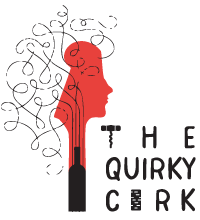Pink, It’s My New Obsession
In high school one of my favorite songs was Aerosmith's Pink. And while pink anything, let along wine, is not my obsession, I'm no longer so obsessed with hating it. In my previous post about Turkish rosé, I covered a handful of pink wines I've had here which have helped (slowly) change my mind about rosé. As winemakers respond to the global trend that has popularized rosé as serious wine so too has the quality increased. There's still more than enough plonk available. However, one can find a few gems out there ranging from the fruity and simple to more complex and savory. Maybe the next time you reach
Read More











